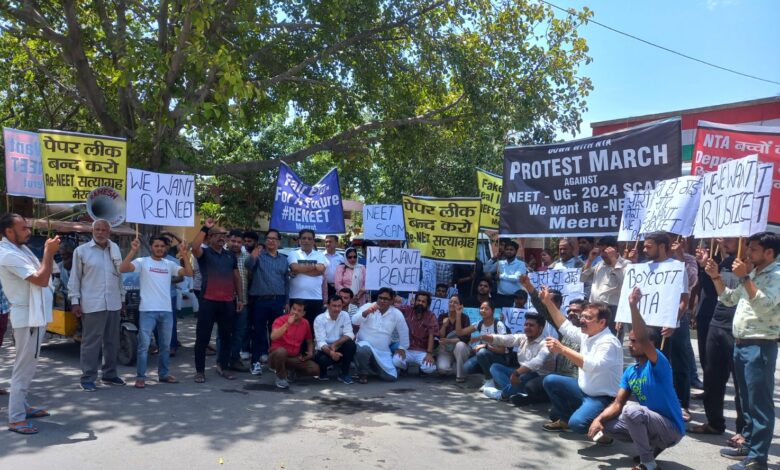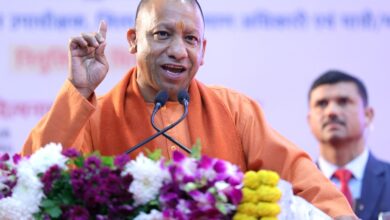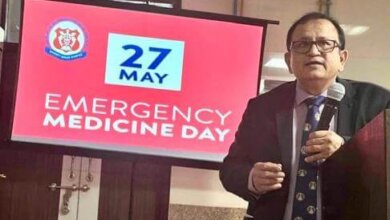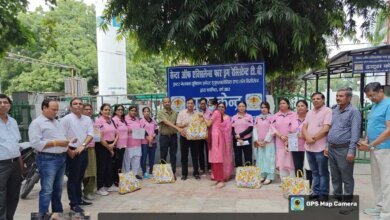नीट यूजी काउंसलिंग अगली सूचना तक स्थगित

नीट यूजी (NEET-UG) काउंसलिंग अगली सूचना तक स्थगित कर दी गई है। आधिकारिक सूत्रों के हवाले से न्यूज एजेंसी एएनआई ने खबर दी है।
विवादों में घिरी नीट-यूजी 2024 (NEETUG2024) परीक्षा को देश भर से रद्द करने की मांग की जा रही थी।
इस बीच केंद्र और एनटीए (NTA) ने शुक्रवार को सुप्रीम कोर्ट (Supreme Court) में कहा था कि इसे रद्द करना ठीक नहीं रहेगा। इससे बहुत से छात्र प्रभावित होंगे। खासकर परीक्षा पास करने वालों के करियर की संभावनाओं के लिए यह बहुत ही हानिकारक होगा।
गौरतलब है कि नीट यूजी परीक्षा में पेपर लीक होने के आरोप लगे थे। बाद में मामले की जांच सीबीआई को दे दी गई। जांच के दौरान अब तक पटना, यूपी और अन्य राज्यों से कई लोगों को पेपर लीक करने के आरोप में अरेस्ट किया है।
दूसरी ओर अभ्यर्थी लगातार परीक्षा को निरस्त करके दोबारा परीक्षा आयोजित कराने की मांग की जा रही है।




